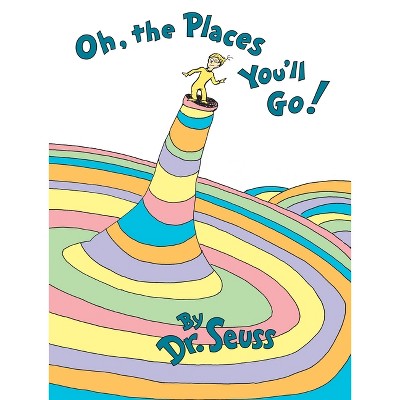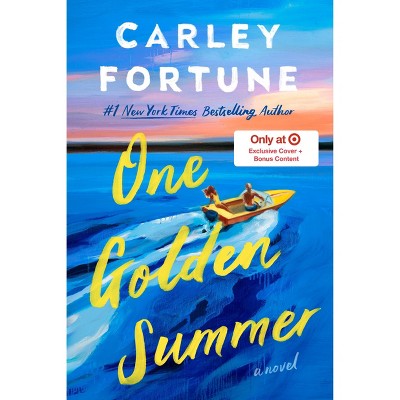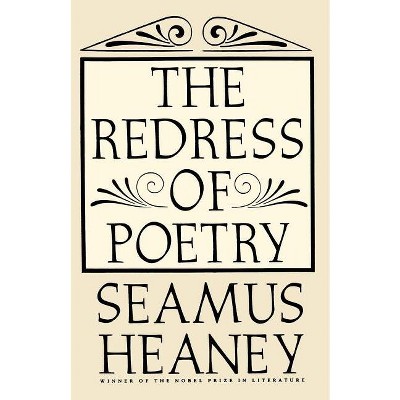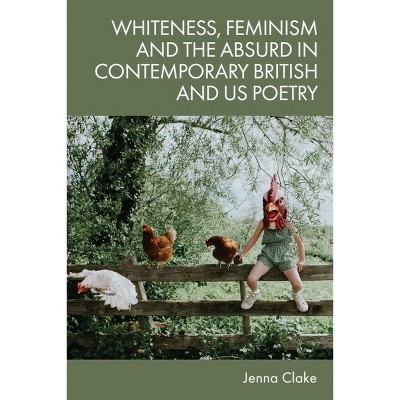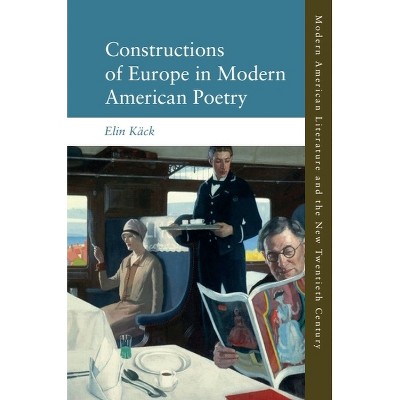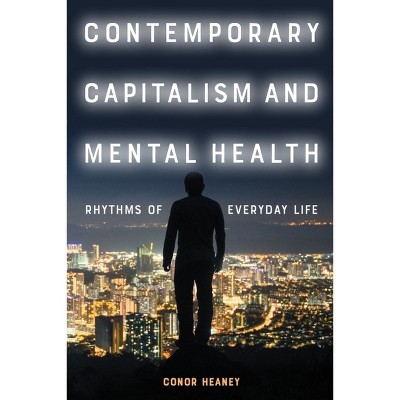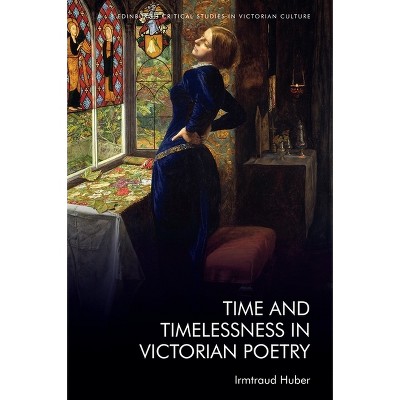Seamus Heaney, Virgil and the Good of Poetry - by Rachel Falconer (Paperback)

About this item
Highlights
- This book demonstrates the ways in which Virgil's are poems that Heaney 'lived with long and dreamily', especially the descent into the underworld in Aeneid VI.
- About the Author: Rachel Falconer is Professor and Chair of Modern English Literature at the University of Lausanne.
- 312 Pages
- Literary Criticism, Modern
Description
About the Book
The first book-length study of Heaney's dialogue with Virgil, one of Seamus Heaney's major literary exemplars.
Book Synopsis
This book demonstrates the ways in which Virgil's are poems that Heaney 'lived with long and dreamily', especially the descent into the underworld in Aeneid VI. It shows that in his original English poems as well as his translations from Latin, Heaney conjures and transforms familiar Virgilian motifs. The rhythm, pace and musicality of Virgil's hexameters can be heard in Heaney's pastoral eclogues and sonnet sequences. And Virgil's life and times, as well as his poetry, contribute to the shaping of Heaney's prose poetics. In dialogue with Virgil, as well as other classical and modern poets, Heaney develops his notion of the redress of poetry: the counterbalance that poetry can offer against historical tragedy, suffering and loss.
The book explores Heaney's intensely productive, thirty-year dialogue with Virgil, beginning with his translation of 'The Golden Bough' in the 1980s and extending through several major volumes, including Seeing Things, The Midnight Verdict, Electric Light, District and Circle, The Riverbank Field, Human Chain, and the posthumously published translation of Aeneid Book VI.
Review Quotes
This is a fine, detailed guide to the persistence of the Virgilian in the emotional, imaginative and
ethical journeys of Heaney's poetry and translations in the second half of his career.
Falconer's powerful and probing study of Seamus Heaney's career-long relationship with Virgil reveals the Latin poet to be Heaney's "inner interlocutor". Her sensitive close analysis of the wide-ranging intertextualities of Heaney's poetry brilliantly uncovers his complex identifications with Virgil as a poet with strong attachment to his rural roots.
--Susanna Braund, University of British ColumbiaNobody who has read the poetry of Seamus Heaney would question the increasingly pervasive presence of Vergil in his oeuvre. Rachel Falconer's impressive study, the first full-length review of the two poets' interactions, demonstrates not only the importance of Vergil to Heaney, but, more, traces with great care the shifting form this influence took, especially over the course of Heaney's later career.' Or this: 'In tracing these poetic interactions, Falconer offers wonderful, luminous readings of Heaney. To cite just one example: the adaptation of Charon's boat in Seeing Things with Heaney's insistence on the "shiftiness of the craft" (57) of both boat and poetry is marvelous. It is a metaphor Heaney repeats and one that captures the slipperiness of his relationship to ancient poetry.
--Sarah Spence "Bryn Mawr Review"To celebrate the book for its exhaustiveness is no faint praise. Anyone who ever wants to investigate Heaney's engagement with Vergil will be grateful to Falconer for methodically drawing together and bringing to light an unprecedented hoard of primary materials, some archival, others ephemeral, many rare or hard to access. Radio essays and interviews, little-known Heaney poems, limited editions light up her subject from as many angles as possible. As a research tool, Falconer's book is indispensable.
--Juan Christian Pellicer, University of Oslo "Translation and Literature 31 (2022)"Virgil is there in the big heart of Heaney's poetic imagination, and readers wanting to understand this will need to take account of Falconer's patient and revealing work.
The research is scholarly and deep and students and critics will profit from it.
About the Author
Rachel Falconer is Professor and Chair of Modern English Literature at the University of Lausanne. Her publications include A Quest for Remembrance: The Underworld in Classical and Modern Literature, edited with Madeleine Scherer, and Hell in Contemporary Literature: Descent Narratives since 1945.
Shipping details
Return details
Trending Fiction

